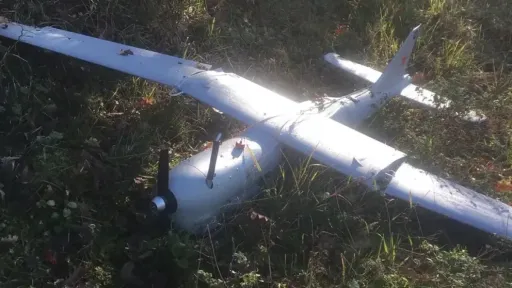Rebuilding Iraq after three years of war with Daesh will cost $88.2 billion, with housing a particularly urgent priority, Iraqi officials told an international donors' conference on Monday.
Donors and investors have gathered in Kuwait this week to discuss efforts to rebuild Iraq's economy and infrastructure as it emerges from a devastating conflict with the militants who seized almost a third of the country.
Iraq declared victory over Daesh in December, having taken back all the territory captured by the militants in 2014 and 2015.
TRT World's Rahul Radhakrishnan reports.
About $22 billion will be required in the short term and another $66 billion in the medium term, the director-general of the country's planning ministry, Qusay Adulfattah, told the conference, without indicating any time frame.
"Rebuilding Iraq is restoring hope to Iraq, and restoring the stability of Iraq is stabilising the states of the region and the world," said Planning Minister Salman al-Jumaili.
Private investments
Iraq has published a list of some 157 projects for which it is seeking private investments at the conference, which some 1,900 delegates representing foreign governments, private firms and NGOs have registered to attend.
The projects include rebuilding destroyed facilities such as Mosul airport and new investments to diversify the economy away from oil sales, by developing transport, agriculture and industries based on the nation's energy wealth, including petrochemicals and oil refining.
Rebuilding homes, hospitals, schools, roads, businesses and telecommunications will be key to providing jobs for the young, ending the displacement of hundreds of thousands of people and putting an end to decades of political and sectarian violence.
Around 138,000 housing units have been damaged and half of them are completely destroyed, Mustafa al-Hiti, who runs Iraq's Reconstruction Fund for Areas Affected by Terroristic Operations, told the conference.
About 2.5 million Iraqis remain displaced by the fighting, he added.
International help
Nations could help by acting as guarantors with lenders, allowing Iraq to take out soft loans to fund infrastructure projects, Mahdi al-Alaq, the Secretary-General of Iraq's Council of Ministers, told the conference.
But US officials said the United States, which leads an international coalition that provided Iraq with key air support in the fight against Daesh, does not plan to pledge any money at the Kuwait conference.
Lise Grande, UN Humanitarian Coordinator for Iraq, said failure to help Iraq could lead to renewed instability.
"If the international community doesn't help the government of Iraq to stabilise these areas (devastated by the war) the gains against Daesh could be at risk," she said, using the Arabic acronym for Daesh.
Non-governmental organisations pledged $330 million in humanitarian aid to Iraq at a parallel NGO conference on the sidelines of the main reconstruction one, Kuwait's state news agency KUNA reported.
Baghdad has said it is determined to tackle the red tape and corruption that hamper investment. Iraq is the 10th most corrupt country in the world, according to Transparency International.
























